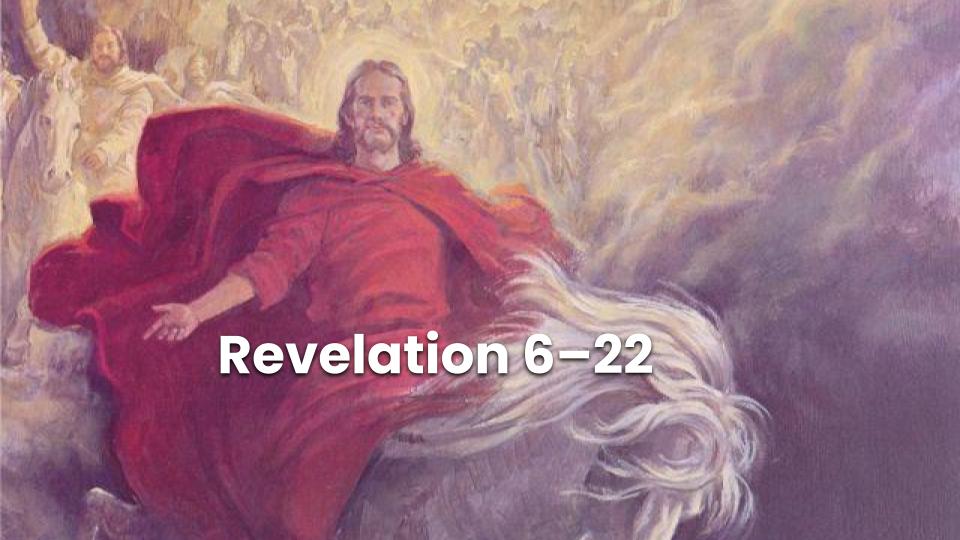Here are some ideas for learning and teaching a few of the great principles in 2 Corinthians 1-7. And while you’re here, I recommend you check out my free online course, “Seeking Jesus.”
Videos for 2 Corinthians 1-7
One of my favorite seminary videos is based on 2 Corinthians 7. Not only does it feature the future famous Aaron Eckhart (he played Harvey Dent in “The Dark Knight”) it teaches some powerful lessons about the difference between “worldly sorrow” and “Godly sorrow.” Watch it here.
The Bible Project videos do a great job of helping us understand the big picture of 2 Corinthians. Watch it here.
Ideas for Learning More About 2 Corinthians 1-7
***Godly Sorrow***
If I were introducing the concept of “Godly Sorrow,” I might have learner role play what a lame apology looks like…parents of teenagers, you know the kind I’m talking about. When the guilty party says, “Sorry!” in a voice that makes it clear that s/he is not sorry. After having some fun with the role play, open up to 2 Corinthians 7 to discuss the difference between worldly sorrow and godly sorrow.
In true repentance there has to be genuine sorrow for the sin; not sorrow because we got in trouble, or got hurt, or because of worldly consequences of our poor choices. No, we are sorry because we have offended God, broken his commandments, aren’t worthy of the Holy Ghost, and caused suffering for our Savior. This is called “godly sorrow,” which “worketh repentance to salvation” as opposed to “the sorrow of the world” (2 Corinthians 7:10). True to the Faith says, “Godly sorrow does not come because of the natural consequences of sin or because of a fear of punishment; rather, it comes from the knowledge that you have displeased your Heavenly Father and your Savior.”
In 2 Corinthians Paul taught us what about what it means to have godly sorrow. He said, “For behold this selfsame thing, that ye sorrowed after a godly sort, (1) what carefulness it wrought in you, yea, (2) what clearing of yourselves, yea, (3) what indignation, yea, (4) what fear, yea, (5) what vehement desire, yea, (6) what zeal, yea, (7) what revenge! (8) In all things ye have approved yourselves to be clear in this matter” (2 Corinthians 7:11). Consider what godly sorrow might mean for somebody trying to repent of pornography. The phrase “what carefulness it wrought in you” could signify that a person with Godly sorrow would be extremely careful to stay far away from pornography. “What clearing of yourselves”—the person would completely get rid of anything associated with pornography. But what about the phrase “What revenge!” How could you get revenge on a sin? One way might be to do everything you can to persuade others not to participate in that sin. This could be one of the few times it’s okay to “get revenge!”
Invite learners to think about specific ways they have or could repent. How do these aspects of godly sorrow apply?
***Don’t Look at the Troubles We See Now***
My friend Anthony Sweat shared with me this object lesson: Hand out a pebble to each learner. Have them hold it up class to their eye. How big does it look? How does it affect your vision? Now pull it out as far away form your eye as you can hold it. How does it affect you now?
Note what Elder Richard G. Scott said: “A pebble held close to the eye appears to be a gigantic obstacle. Cast on the ground, it is seen in perspective. Likewise, problems or trials in our lives need to be viewed in the perspective of scriptural doctrine. Otherwise they can easily overtake our vision, absorb our energy, and deprive us of the joy and beauty the Lord intends us to receive here on earth.”
Paul makes a similar point in 2 Corinthians 4:16-18: “We never give up. Though our bodies are dying, our spirits are being renewed every day. For our present troubles are small and won’t last very long. Yet they produce for us a glory that vastly outweighs them and will last forever! So we don’t look at the troubles we can see now; rather, we fix our gaze on things that cannot be seen. For the things we see now will soon be gone, but the things we cannot see will last forever” (New Living Translation).
Take some time to consider–how can we “fix our gaze on things that cannot be seen” by focusing on Jesus Christ, rather than our troubles?
***
I hope these resources are helpful to you in your learning and teaching this week!
Do you want more learning and teaching tips for Come Follow Me? Follow me on Instagram or sign up here for emails with insights on Come Follow Me.






